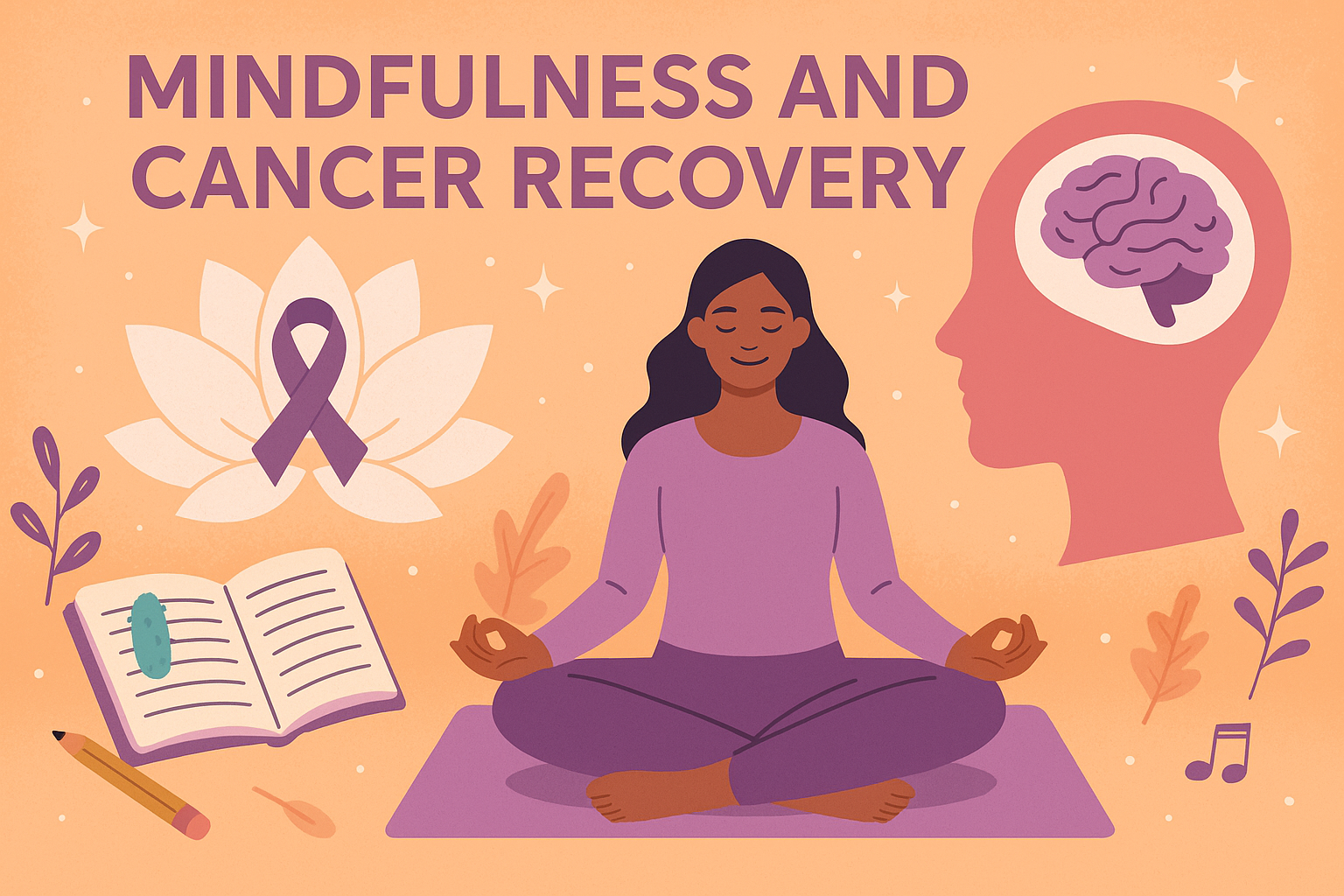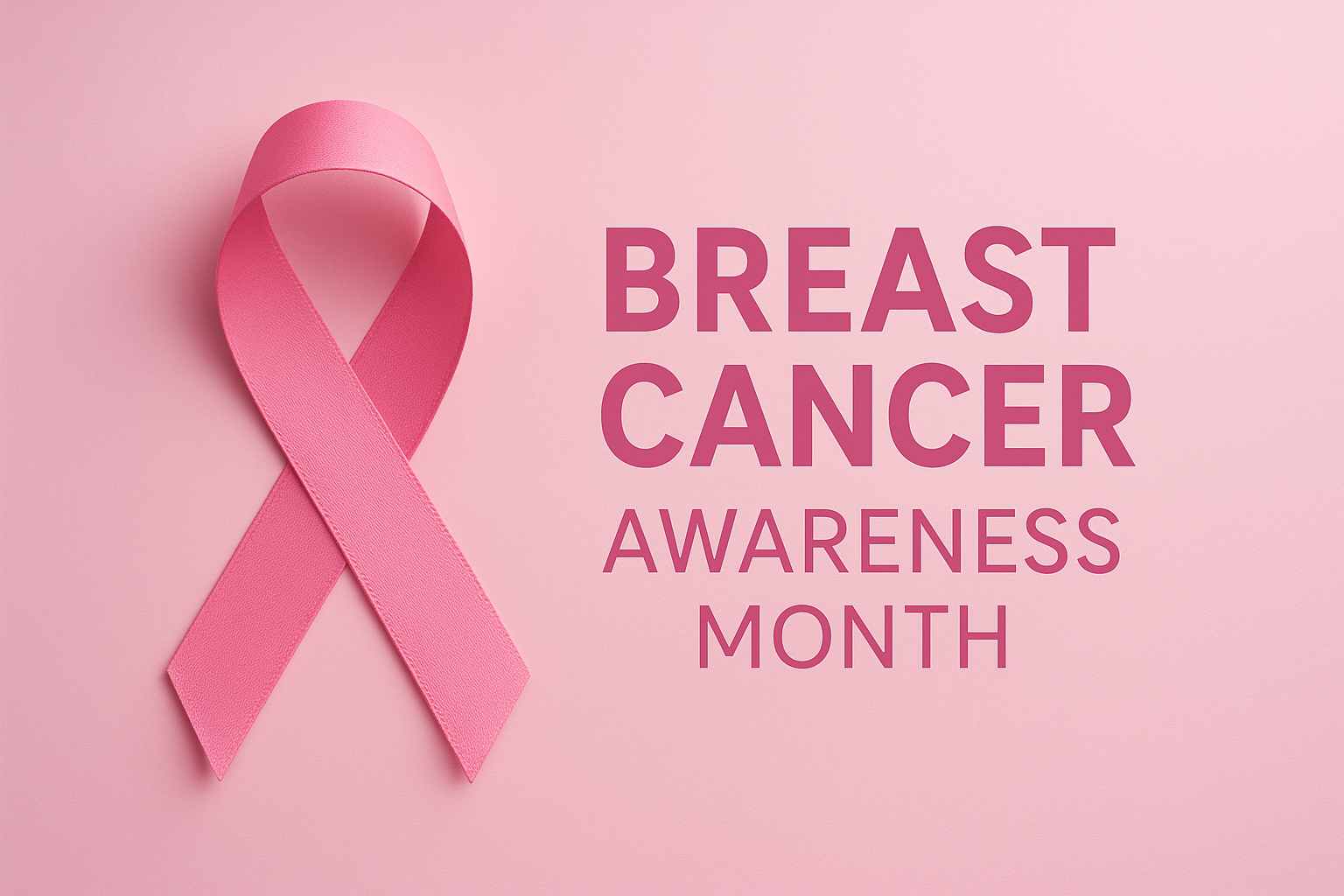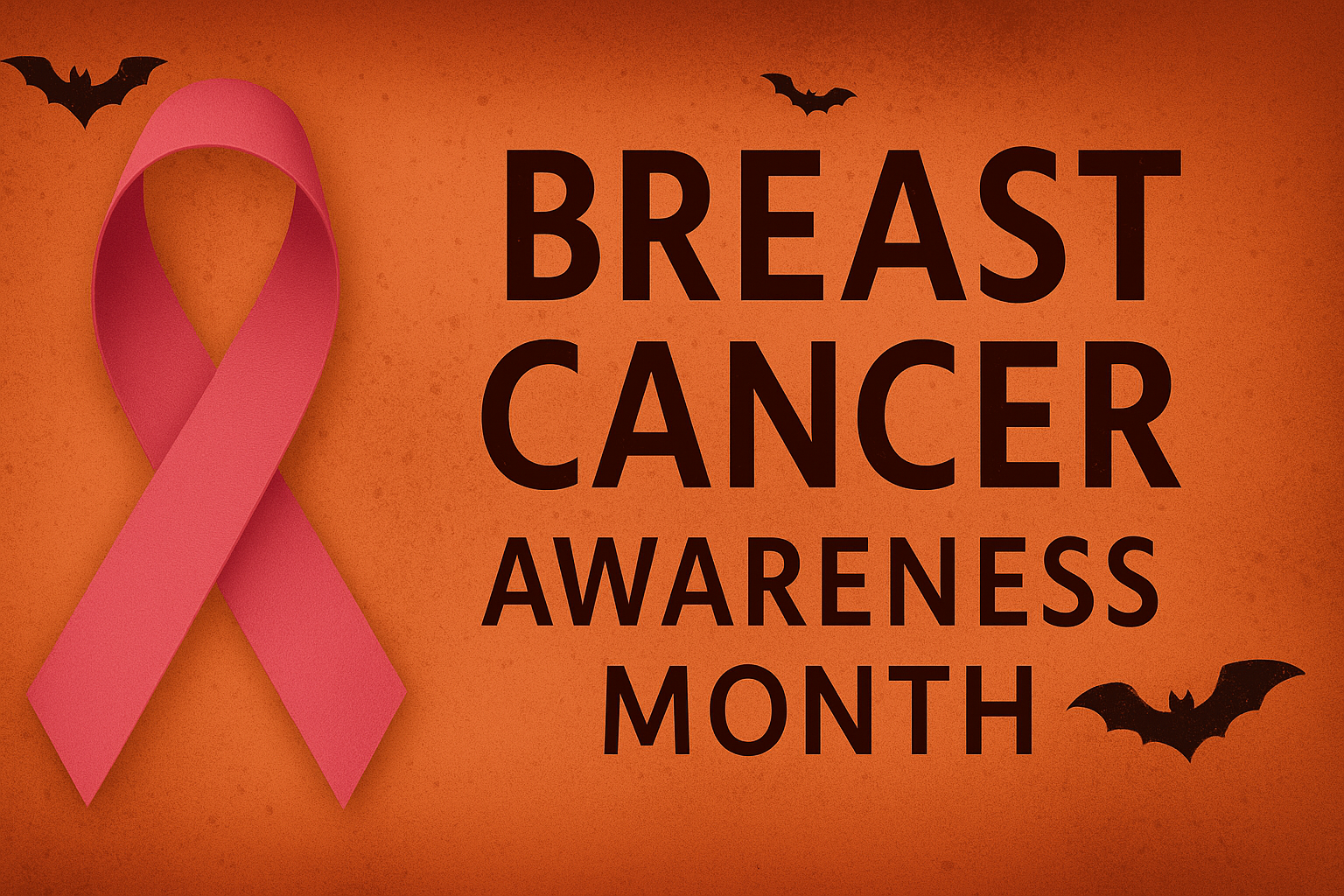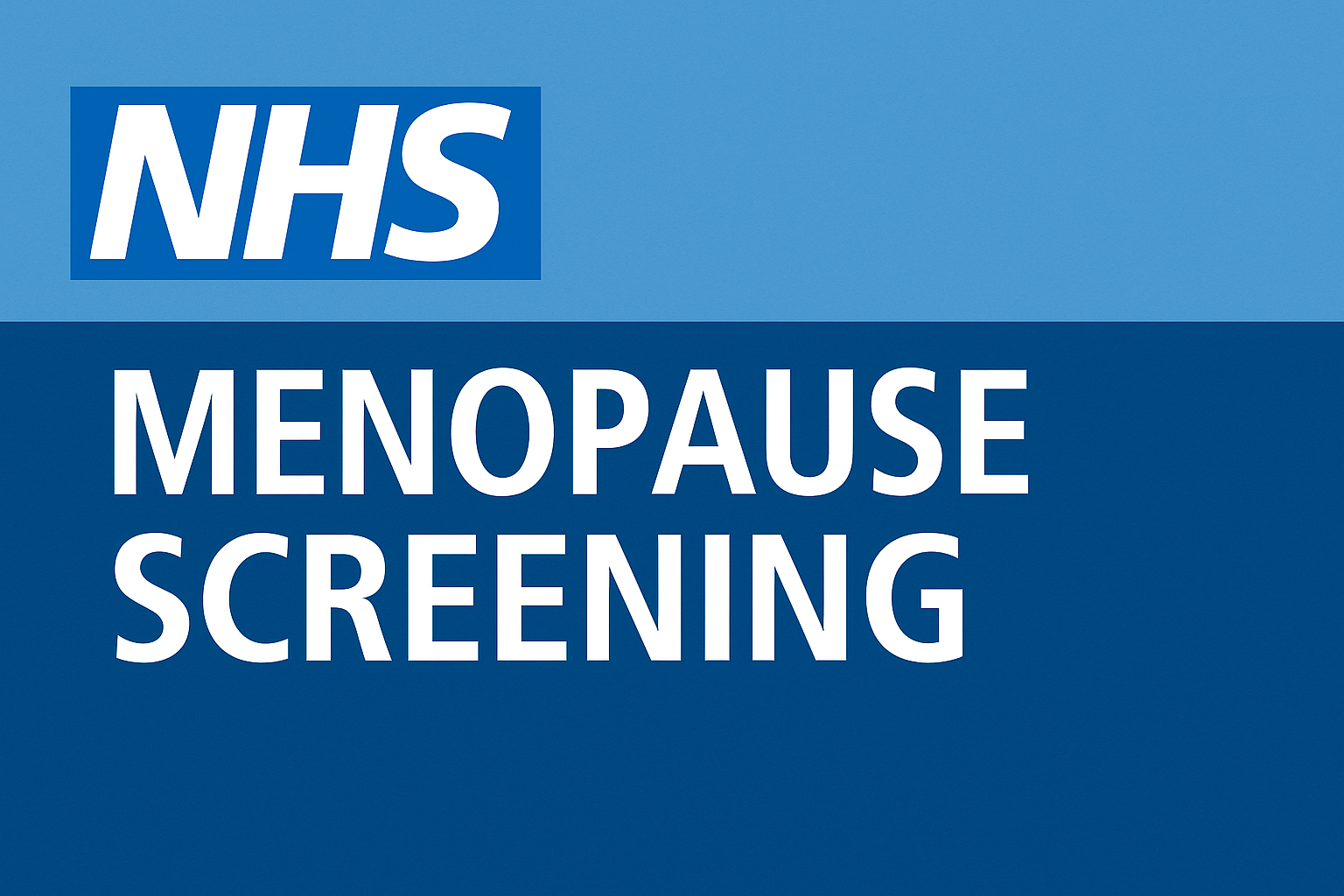
By Caroline David-Tostevin
Cancer recovery is much more than a medical journey; it is—and demands to be—a deeply human experience of loss and gain, fear and strength, grief and rebirth. In that liminal space between “treatment done” and “life resumed”, mindfulness emerges as a patient, radiant companion: subtle, demanding, and transformative.
What Mindfulness Brings to the Recovery Table
Mindfulness—paying attention, with kindness, to what is happening in the moment—doesn’t promise to erase pain, but it helps us sit with it differently. Clinical research is increasingly confirming its potency in reducing psychological suffering and enhancing well-being among cancer survivors.
A systematic review of 29 studies found that mindfulness-based interventions significantly lowered depression, anxiety, fatigue, and stress, while improving quality of life and post-traumatic growth (Zhang et al., 2019).
For those recovering from chemotherapy or radiation, Mindfulness-Based Cancer Recovery (MBCR) programmes have shown measurable improvements in sleep quality, reduced anxiety, and some alleviation of fatigue (Carlson et al., 2013).
In younger breast cancer survivors, just six weeks of mindfulness meditation plus survivorship education led to substantial reductions in depression and sleep disturbances—and these benefits lasted for months after the intervention (Park et al., 2022).
So mindfulness helps not only with mental anguish, but also with many of the physical and cognitive burdens that linger long after the last chemotherapy dose.
Nourishing the Whole Self: Beyond Surviving
Recovering from cancer is not merely about returning to what was; it is about evolving into what might yet be. Mindfulness supports this in several deep ways:
- Cultivating self-compassion and kindness. After illness, people often feel their bodies have betrayed them. Mindfulness practices encourage a gentler internal voice, a kindness to oneself that is liberating (American Cancer Society, 2023).
- Living with uncertainty. Fear of recurrence, existential questions, “why me?” loops—these also are part of the post-cancer territory. Mindfulness helps people learn that while control is limited, their response can be shaped with awareness (Lengacher et al., 2016).
- Rebuilding identity. Cancer often shifts how people see themselves. Mindfulness assists in noticing the many threads of identity—not letting one part overwhelm all others (Lengacher et al., 2016).
- Physical benefits remain tangible. Improved sleep, less fatigue, less pain, better emotional regulation, reduced stress—all of these are reported in many trials. Even when biomarkers or immune measures are less consistent, subjective well-being improves (Carlson et al., 2013).
Challenges, Caveats, and How to Make It Truly Your Own
Mindfulness is powerful, but it is not a panacea. It has its difficulties, especially when emotions run deep or previous trauma is present. Some studies have found that while psychological well-being improves, changes in stress biomarkers or immune system measures may be modest (Schettino et al., 2022).
Here are some suggestions to make mindfulness meaningful and sustainable:
- Find the right format. Whether in a group programme like MBCR, via guided audio, or even mindful movement, the form matters.
- Start small, but consistently. Even short daily practice (5–10 minutes) can seed change.
- Combine with other supports. Mindfulness works best when paired with medical follow-ups, counselling where needed, social support, healthy nutrition, safe movement.
- Be patient with yourself. This path has no finish line. Sometimes progress is slow; sometimes relapse in mood or symptoms may occur. That does not mean failure.
Looking Forward: Mindfulness Beyond
What does life look like when mindfulness becomes a companion well beyond the scar and clinic?
- A life more attuned to pleasure and small moments—the taste of food, the warmth of sunlight, the sound of laughter.
- Deeper connection with others: empathy grows when one’s own suffering is met with kindness.
- A more anchored sense of purpose. Many find that after surviving cancer, priorities shift. Mindfulness can help clarify what matters most.
- A more resilient spirit. When storms come—new medical scares, losses, life’s usual cruelties—the roots of mindfulness help one weather without being uprooted.
Conclusion
Mindfulness in cancer recovery is no luxurious extra; it is a luminous bridge between suffering and flourishing. It does not promise erasure of pain or anxiety, but it does promise presence, kindness, and growth. And beyond recovery, it offers a life more alive to the present, more richly haunted by gratitude, more tender towards oneself.
References
American Cancer Society (2023) Mindfulness for People with Cancer. Atlanta: American Cancer Society.
Carlson, L.E., Doll, R., Stephen, J., Faris, P., Tamagawa, R., Drysdale, E., Zhong, L. and Speca, M. (2013) ‘Randomized controlled trial of Mindfulness-Based Cancer Recovery versus supportive expressive group therapy for distressed survivors of breast cancer’, Journal of Clinical Oncology, 31(25), pp. 3119–3126.
Lengacher, C.A., Reich, R.R., Paterson, C.L., Ramesar, S., Park, J.Y., Alinat, C.B., Johnson-Mallard, V., Moscoso, M., Cousin, L., Jarvis, C.M., Kim, S. and Kip, K.E. (2016) ‘Examination of broad symptom improvement resulting from Mindfulness-Based Stress Reduction in breast cancer survivors: A randomized controlled trial’, Cancer Control, 23(4), pp. 419–429.
Park, C.L., Elpidorou, A., Campbell, C., Jacoby, R., Vranceanu, A.-M., Schnur, J.B., Donovan, K.A., Brown, K.W., Kamen, C.S., Diaz, A., Gocheva, V., Lin, A., Garofalo, J.P., Carlson, L.E., Milbury, K. and Penedo, F.J. (2022) ‘Mindfulness meditation and survivorship education for young breast cancer survivors: A randomized controlled trial’, Cancer, 128(15), pp. 2850–2859.
Schettino, A., Messina, R., Brancati, G., Sperati, F., D’Andrea, E., Parisi, R., Fabi, A., Metro, G., Moscetti, L., Giannarelli, D., Lo Russo, G., Bongiovanni, A., Fabi, A. and Cognetti, F. (2022) ‘Mindfulness-based interventions and biomarkers in women with breast cancer: A systematic review’, BMC Women’s Health, 22, 84.
Zhang, M.F., Wen, Y.S., Liu, W.Y., Peng, L.F., Wu, X.D. and Liu, Q.W. (2019) ‘Effectiveness of Mindfulness-based therapy for reducing anxiety and depression in patients with cancer: A meta-analysis’, Psycho-Oncology, 28(4), pp. 675–685.




